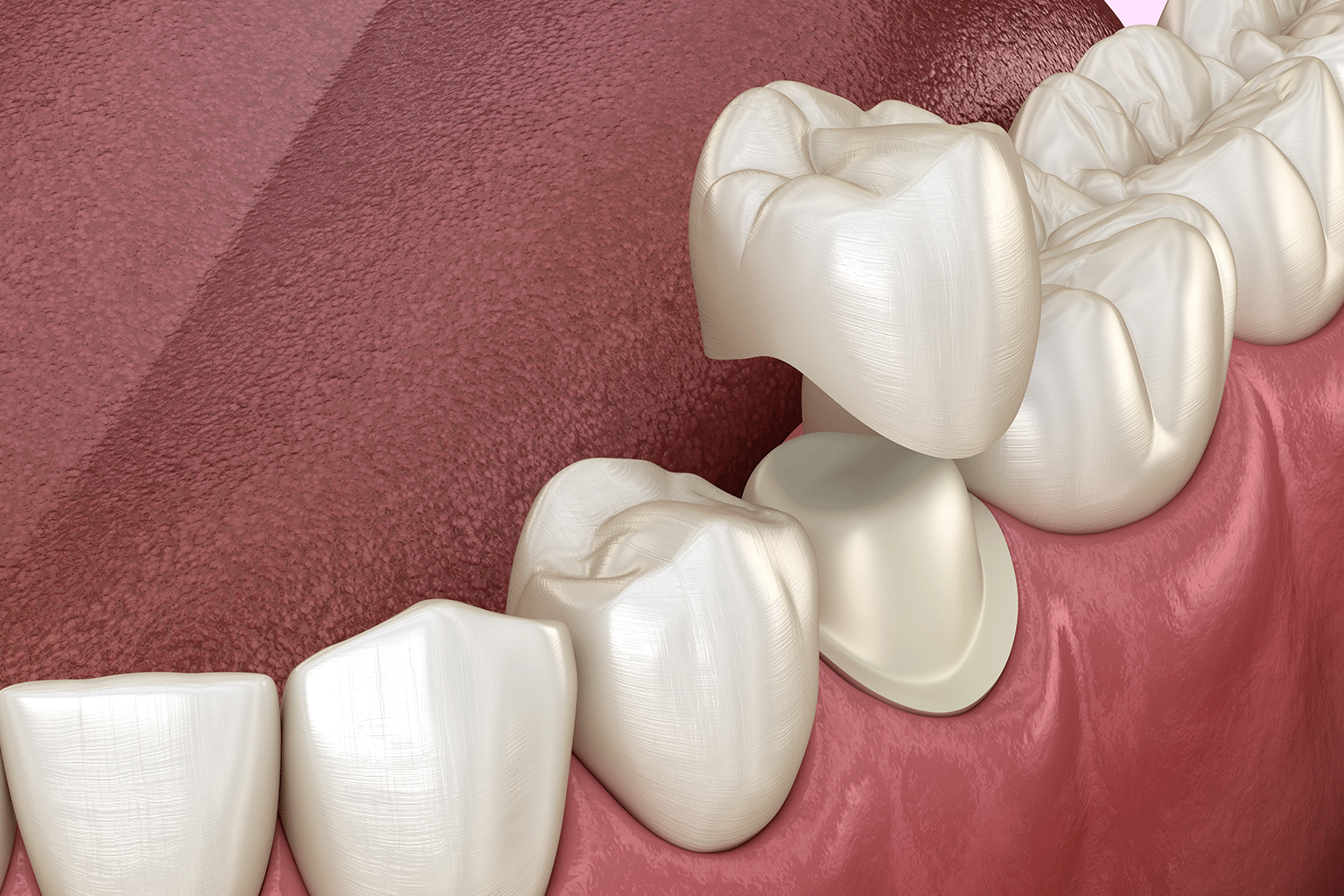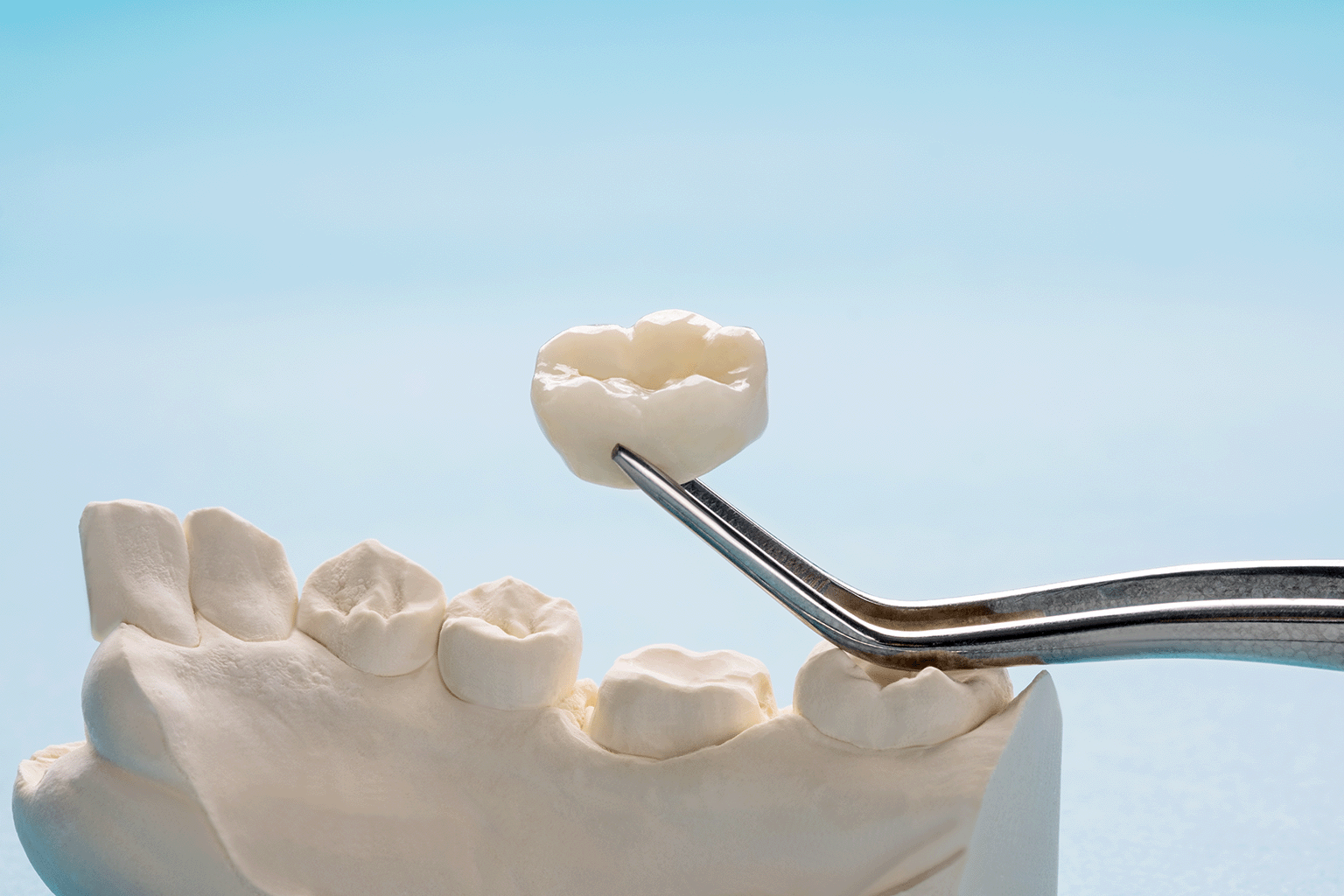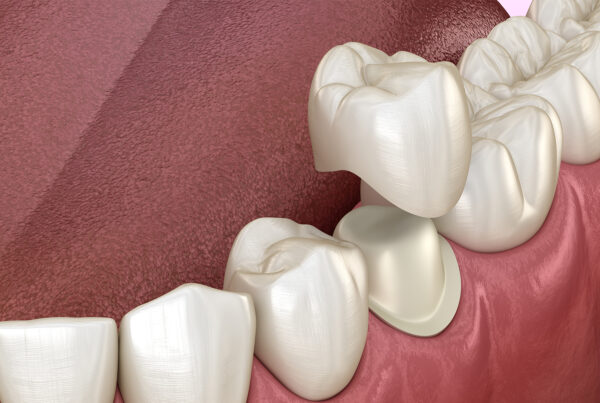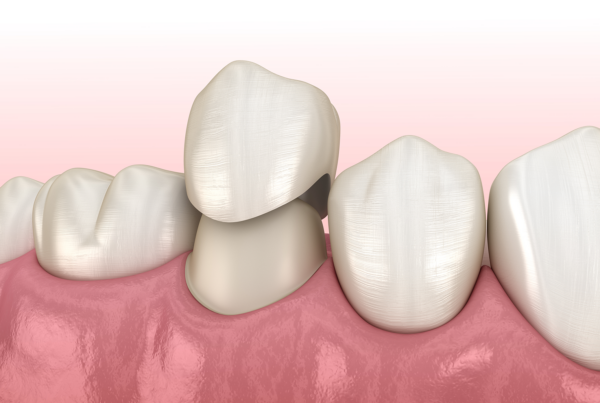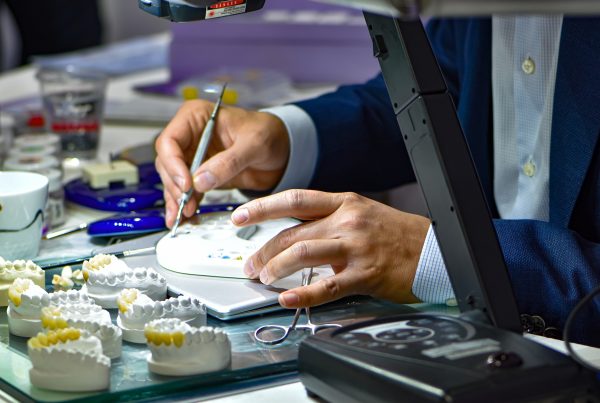Ever had one of those days where you bite into your favorite crunchy treat and—oops!—there goes a piece of your tooth? Or perhaps time and a love for sweets have left their mark in the form of cavities? Fear not, because the world of dentistry has a superhero cape, and it’s called a dental crown. Perfect for those teeth that have seen better days, dental crowns swoop in to save your smile and restore your bite. Dive in as we demystify the art and science behind these tiny tooth protectors and explore how they might just be the solution you’ve been seeking.
Do I really need a crown?
At its core, a dental crown is similar to a protective helmet for your tooth. It’s custom-made to fit snugly over either part or the entirety of your damaged tooth. By doing this, it essentially provides a new outer surface, replicating the original shape, size, and often the color of the tooth. This restoration ensures that the tooth underneath is shielded and given a chance to heal or be preserved.
Why Opt for a Crown? Diving into the Benefits:
Restored Function: Remember the simple joys of biting into a crunchy apple or enjoying a hearty steak without wincing in pain? A crown can bring back those moments. With the damaged part of the tooth safely covered, you regain full functionality of your tooth. No more awkward chewing on one side!
Aesthetic Appeal: Our smile is often our most memorable feature. Modern dental crowns are crafted with such precision and artistry that they seamlessly blend in with the rest of your teeth. Materials like porcelain and ceramic can be matched to the exact color of your natural teeth, ensuring your smile remains as radiant as ever.
Protection: Our damaged teeth, if left unattended, can deteriorate further. There’s also a risk of them breaking under the pressures of daily use. A crown acts as a shield, reinforcing weak teeth and ensuring that already cracked or chipped teeth don’t suffer further damage.
Confidence Boost: Beyond the physical benefits, there’s a significant psychological boost. When you’re not constantly worried about a weak or damaged tooth, you tend to smile more freely, talk more confidently, and engage in social situations without the underlying anxiety.
How long do dental crowns last?
The lifespan of a dental crown largely depends on the material used and your oral hygiene practices. On average, dental crowns can last between 5 to 15 years. Some high-quality crowns, when maintained well, can even last up to 25 years!
Factors affecting longevity:
Material Used: Porcelain, metal, resin, and ceramic crowns all have different lifespans. Porcelain fused to metal often lasts longer than pure porcelain, but ceramic and gold crowns are known for their durability.
Oral Hygiene: Regular brushing, flossing, and dental check-ups can extend the life of your crown. Avoiding hard foods and not using your teeth as tools (like opening bottles) can also help.
Wear and Tear: Depending on the position of the crown and your personal habits (like grinding your teeth), your crown might experience varying degrees of wear and tear.
How can you naturally save your teeth?
Prevention is the best cure, especially when it comes to dental health. The best way to avoid the need for dental interventions like crowns is to take care of your teeth naturally.
Daily Dental Habits
Brushing: It’s not just about brushing, but brushing right. Use a soft-bristle toothbrush and fluoride toothpaste to gently clean your teeth in circular motions. Brushing not only combats plaque but also massages your gums, promoting good oral health. Remember, it’s a two-minute drill, twice a day!
Flossing: It’s the step many of us are guilty of skipping, but flossing is crucial. It reaches the nooks and crannies your brush can’t, eliminating food particles and preventing potential cavities.
Diet: What we consume has a direct effect on our dental health. Sugary treats are delicious but can be villains for our teeth. However, foods rich in calcium, phosphorus, and vitamin C can be heroes in our oral health saga. Add more dairy, leafy greens, and fibrous fruits and veggies to your diet. Ever heard of nature’s toothbrush? That’s crunchy carrots and celery for you! They help in naturally scrubbing away food debris and plaque.
Regular Check-ups: No matter how diligently we care for our teeth at home, a professional touch is irreplaceable. Visiting your dentist every six months can catch problems while they’re still small. Think of it as a spa day for your teeth; a little pampering can go a long way!
Natural Remedies
Nature often has some of the best solutions up its sleeve:
Salt Water Rinse: A simple yet effective remedy. Saltwater can act as a natural disinfectant, helping to loosen food particles and soothe mouth ulcers.
Oil Pulling: An age-old practice where you swish a tablespoon of oil (preferably coconut) in your mouth for about 20 minutes. It’s believed to pull out toxins and bacteria, leading to a cleaner oral environment.
Products to Consider
Mouthwashes: When selecting a mouthwash, alcohol-free options can be gentler on your mouth, yet effective in killing bacteria.
Toothpaste: The market is flooded with varieties, but aiming for toothpaste with natural ingredients and fluoride can strike a balance between natural care and effective protection.
Herbal Toothpicks: Infused with tea tree oil or neem, these can offer a refreshing and antibacterial clean-up post meals.
Maintaining oral health naturally isn’t just about having a shiny smile; it’s about embracing a holistic approach that ensures your teeth are healthy from the root to the crown. The bonus? You get to flash that radiant, natural smile for years to come!
When to Consider Alternatives
Not every damaged tooth requires a crown. Sometimes, less invasive or more suitable solutions might be recommended.
Some alternatives include:
Veneers: These are thin shells placed on the front of the tooth. They’re ideal for cosmetic adjustments or when the tooth’s damage is superficial.
Bonding: A resin material is applied to the tooth and hardened with light. It’s great for repairing chipped or cracked teeth.
Onlays and Inlays: If only a portion of your tooth is damaged, these partial crowns might be the solution.
In conclusion, dental crowns play an essential role in restoring teeth that have suffered significant damage. At our clinic, we ensure that every crown is tailored to the individual, promising both functionality and aesthetics. Whether you’re curious about crowns, seeking alternatives, or simply wish to discuss preventive measures – we’re here to guide you every step of the way. Schedule a consultation with our experienced team today and take the first step towards a radiant smile!

